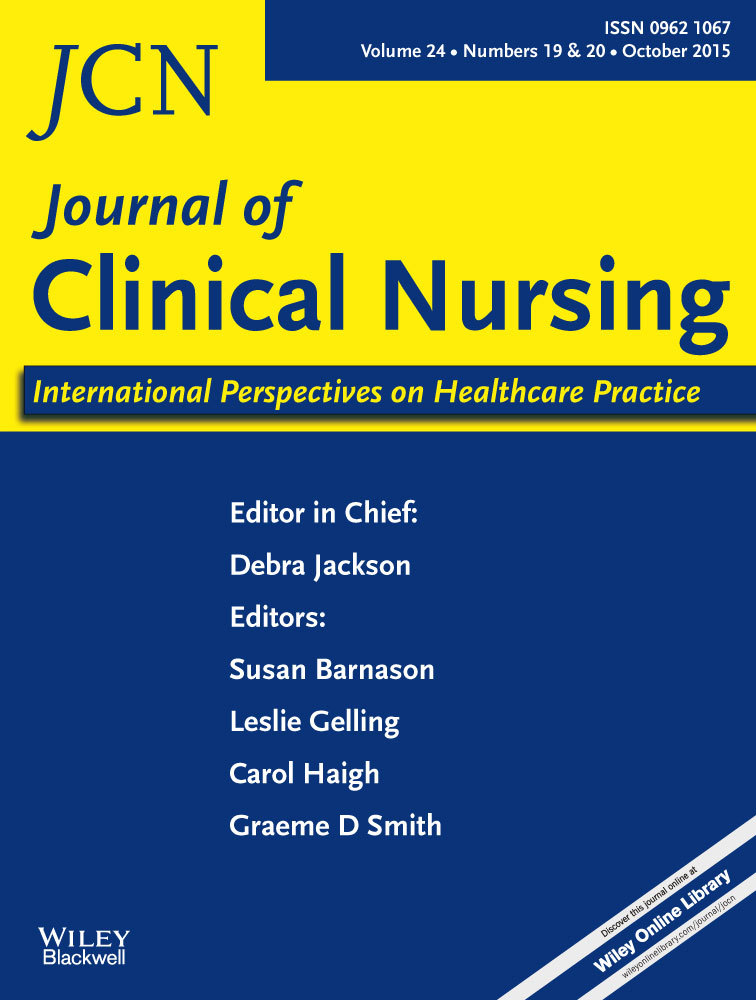mHealth SMS text messaging interventions and to promote medication adherence: an integrative review
Abstract
Aims and objectives
This article is an integrative review of the evidence for mobile health Short Message Service text messages as an innovative and emerging intervention to promote medication adherence. Authors completed this review to draw conclusions and implications towards establishing a scientific foundation for use of text messages to promote medication adherence, thus informing clinical practice.
Background
The World Health Organization has identified medication adherence as a priority global problem. Text messages are emerging as an effective means of improving health behaviours and in some diseases to promote medication adherence. However, a gap in the literature indicates lack of evidence in guiding theories and content of text messages, which should be synthesised prior to use in clinical practice.
Design
Integrative review.
Methods
Cumulative Index to Nursing and Allied Health Literature, Excerpta Medica dataBASE, Scopus, the Cochrane Library and PubMed were searched for relevant studies between 2004–2014. Inclusion criteria were (1) implementation of a text-message intervention and (2) medication adherence to a prescribed oral medication as a primary outcome. Articles were assessed for quality of methodology and measures of adherence. An integrative review process was used to perform analysis.
Results
Thirteen articles meeting the inclusion criteria are included in this review. Nine of 13 studies found adherence rates improved between 15·3—17·8% when using text messages to promote medication adherence. Text messages that were standardised, tailored, one- or two-way and timed either daily to medication regimen, weekly or monthly showed improvement in medication adherence.
Conclusions
This review established a scientific basis for text messages as an intervention to improve medication adherence across multiple diseases. Future large rigorous randomised trials are needed to further test text messaging interventions.
Relevance to clinical practice
This review provides clinicians with the state of the science with regard to text messaging interventions that promote medication adherence. A description of intervention components are provided to aid nurses in development of text messages and in translating evidence into practice.




